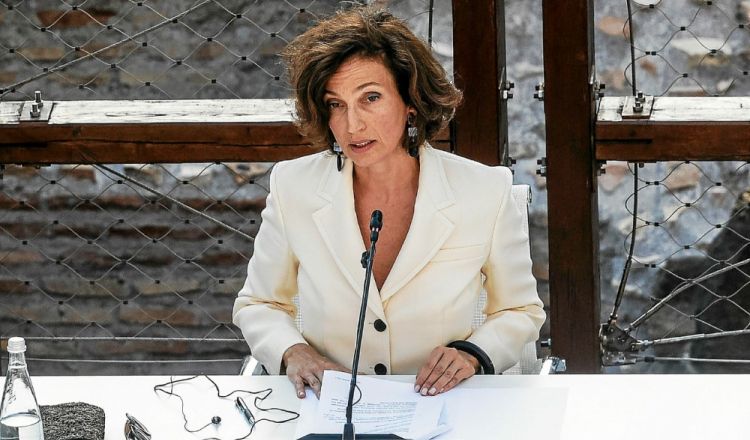UNESCO Director-General's message on IWD2022
2022-03-08 12:04

UNESCO Director-General's message 2022
Gender equality for tomorrow starts today. Right now, however, parity is still a work in progress. Even before the pandemic, it was estimated that it would take a century to close the gender gap. We need to turn this situation around.
We still have a long way to go. Gender equality for tomorrow starts today. Right now, however, parity is still a work in progress. Even before the pandemic, it was estimated that it would take a century to close the gender gap. We need to turn this situation around. We still have a long way to go. Globally, women earn just 77% as much as men. Women represent only one in three researchers, according to UNESCO estimates. Women own less than 20% of all land, and account for an estimated 80% of people displaced by climate change.
Yet a new day is dawning. Today’s women are leading global movements for change. They are tackling global issues such as climate justice, press freedom and access to scientific progress. And they are not asking for permission – they are taking their seats at the table.
This year, on International Women’s Day, I would like to applaud this new generation of young women – for their courage in speaking out, inspiring others and mobilizing their peers, for a more sustainable tomorrow.
They include young women like Melati and Isabel Wijsen, two Indonesian sisters who are committed to reducing plastic waste; Mabel Suglo, a Ghanaian social entrepreneur who works with local artisans with disabilities; and Bahraini activist Reem Al Mealla, a marine biologist who created one of the largest Arab environmental movements in history.
As we look to build a better tomorrow, UNESCO will continue to empower girls and women like these, in line with our Global Priority Gender Equality.
This means safeguarding their right to education, for example through the Global Education Coalition, which now has 200 partners working in over 110 countries to address learning disruptions caused by COVID-19. It also means ensuring the voices of women are heard, for instance by training female journalists in East Africa to report on the pandemic. And it means fighting gender-based violence, as we did by launching the film Listen to Her with Indian producer and actor Nandita Das.
Today, I call upon all UNESCO Member States to empower women and girls, so they can lead the way in building a more sustainable world. Together, we can ensure that, whether women whisper, speak or shout, their voices are heard.
Audrey Azoulay









